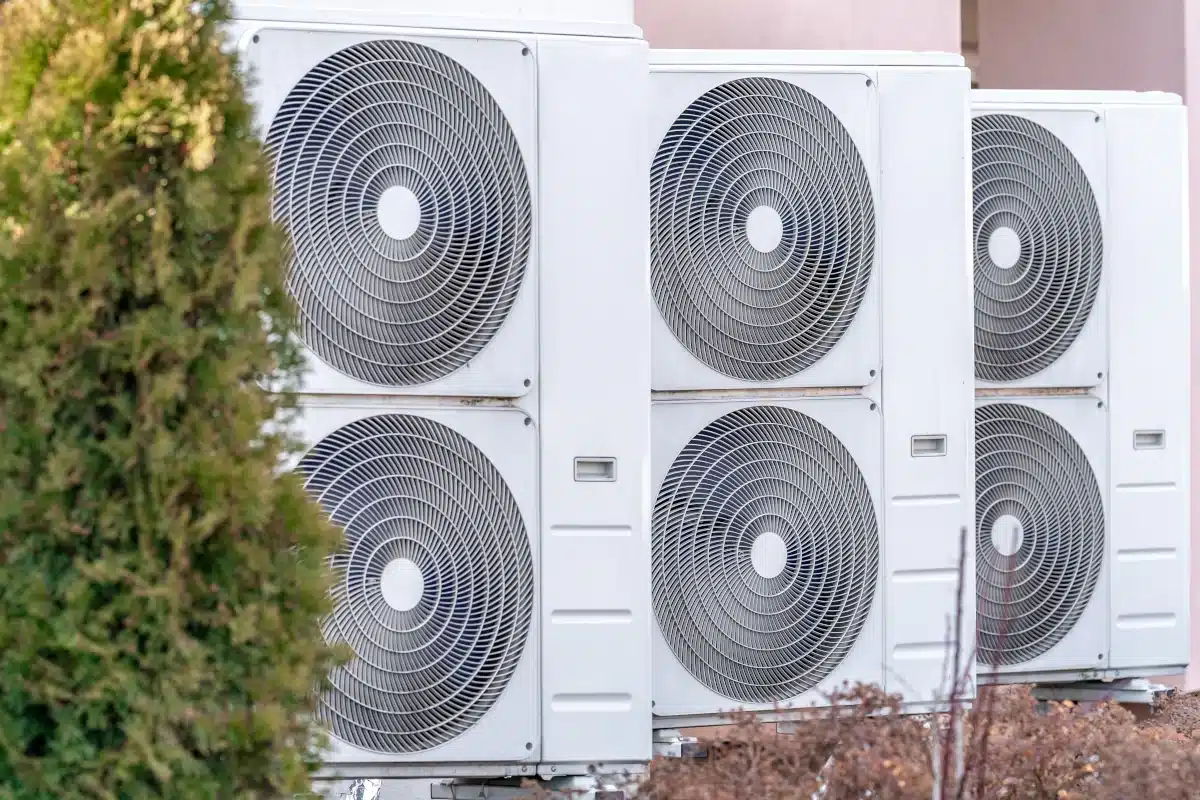
Make an Informed Decision
Are you tired of sky-high energy bills? Is your old furnace on its last leg? If so, you’re probably wrestling with the age-old question: Heat Pump vs. Furnace. Choosing the right heating system is a big decision. You’ll want to make it armed with knowledge. This article breaks down the key differences to help you choose the best heating solution for your home and budget. This isn’t just about staying warm. It’s about finding the best heat source, balancing current costs against long-term savings, and understanding how these technologies impact your bills and the environment.
Heat Pump vs. Furnace: How They Work
Before we get into the details, let’s cover the basics of how heat pumps and furnaces work. A heat pump transfers heat. It pulls heat from the outside air to warm your home in winter. It moves heat from inside to cool your home during the warmer months.
Think of it as a heat transporter. A gas furnace generates heat by burning fuel, typically natural gas. Heat pumps often serve a dual purpose. They act as both heating and central air conditioning units, offering energy-saving benefits over separate systems, unlike furnaces which only provide heat. Central air conditioners offer convenience but often come with higher operating costs.
Considering Cost: Heat Pump vs. Furnace
Upfront, a furnace often seems cheaper. Natural gas models cost between $700 and $3,300. If you don’t have existing gas lines, installation costs can add up.
These costs can easily eclipse a heat pump’s upfront costs, which typically run about $2,500-$10,000. Tax incentives may apply to high-efficiency gas furnaces, including up to 30% via the Inflation Reduction Act.
These incentives may also apply to high-efficiency heat pumps and potentially impact both options’ overall expense. A heat pump also serves dual duty. It replaces the need for a new AC unit. Furnaces don’t usually handle cooling, affecting upfront pricing long-term compared to two separate units and installers.
Efficiency and Lifespan: Heat Pump vs. Furnace
In temperate climates, a heat pump is a more efficient option. It uses three to four times less energy than a gas furnace with efficiency up to 400%.
Air-source heat pumps excel at halving electricity usage when you use one instead of an electric furnace according to Department of Energy analysis. Although natural gas generally remains cheaper than electricity itself, natural gas furnaces lack this inherent efficiency edge. Gas furnaces tend to last around 20 years, exceeding a heat pump’s typical 15-year life. This balances higher early efficiency vs. longevity.
Performance in Different Climates: Heat Pump vs. Furnace
Electric heat pumps shine in milder climates, extracting outside heat efficiently even in cold temperatures. As long as temperatures don’t usually drop too much, this option provides gentle heat. It transfers heat rather than generating blasts of hot air, typical in gas furnaces.
Because of their unique functionality, some heat pumps struggle in extreme cold. At 0 degrees outside, there isn’t enough heat outside to move inside via the typical model. Furnaces excel in climates with sub-freezing temperatures.
Furnaces generate warmth from a fuel source, without needing an external source of heat. Consider inverter heat pump models for cold weather climates for continued savings, due to their greater efficiency at such lows.
Installation and Maintenance: Heat Pump vs. Furnace
If you’re already set up for central air, switching to a heat pump is relatively simple. A heat pump uses the same ductwork. Adding a mini-split heat pump, without needing ductwork because these standalone systems wall mount easily per zone, reduces initial costs.
Running a gas line for a furnace with ducting can be cost-prohibitive. This simpler choice depends on pre-existing HVAC. Both heat pumps and furnaces need regular upkeep.
Furnaces need a yearly service and regular air filter replacements. Heat pumps involve slightly higher seasonal upkeep on more components, balancing each type’s workload, but with some cost additions later.
Ultimately, ongoing professional advice might make maintaining both equally economical. Tax credits during replacement or installation can help, when qualified by the IRS regulations. Rebates from your state or municipality may be available when upgrading your home. Regular maintenance on your new systems means annual or slightly greater checks. This includes changing filters. This type of care and professional advice can even improve indoor air quality, impacting health. Regular upkeep also improves efficiency and the health of both systems.
Heat Pump vs. Furnace: Which One Is Right for You?
Choosing between a heat pump and a furnace isn’t a one-size-fits-all decision. Climate is key. I personally chose a heat pump and love how efficiently it heats and cools.
My old furnace failed unexpectedly during recent mild winters, creating a perfect need for dual climate control. Summers also turn quite hot where I live, which impacted that heat pump choice.
I personally find it more cost-effective overall, including installation costs. I factored in a rebate offer from the utility company. I also considered the higher average cost for traditional propane furnaces. A modern inverter option heats and cools extremely efficiently.
For mild climates without deep winters or freezing temperatures, a heat pump stands alone as highly efficient, combining needed heat and AC functions for seasonal and regional-based temperature changes. While modern high-efficiency models tackle even below freezing winters or summer AC functions, more northern climates may find furnaces’ easily produced warmth a consistent win.
Consider inverter heat pump types that better tackle consistent below-zero seasons with the highest efficiency in extreme cold. Either option involves understanding yearly vs seasonal maintenance cost. It also involves understanding the dual or singular function each option presents. Consider how each model runs under variable conditions.
Conclusion
The Heat Pump vs. Furnace debate boils down to your specific needs and climate. Considering factors like cost, efficiency, climate, and maintenance requirements will guide you toward a smart decision. Whether you prioritize long-term savings, operate efficiently with environmental friendliness, or reliable performance in frigid temperatures, carefully weigh the pros and cons before upgrading HVAC systems. For more personalized advice, speak with qualified HVAC technicians in your area.
Contact us today for more information or to schedule a free consultation.



